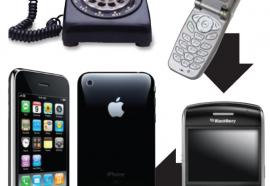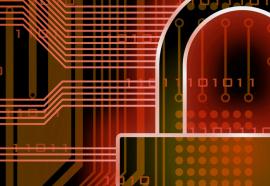Tools, Platforms and Ecosystems
Can a disruptive technology change the electric customer experience?
North American energy utilities are investing billions to create a smart grid to enhance service for retail electric customers. The smart grid, a disruptive technology, will provide utilities and customers with access to information about how electricity is used that they’ve never had in the past. More importantly this information can empower customers to take ownership of their consumption profile and demand different products and services.











